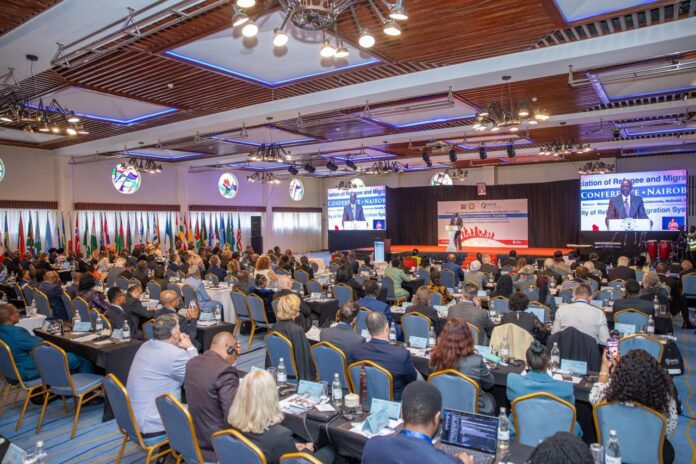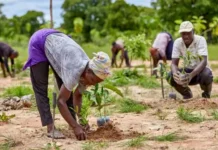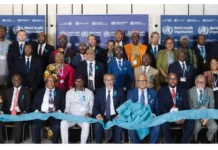Kenya has used the opening of the fourteenth World Conference of the International Association of Refugee and Migration Judges to position itself as a serious global player in refugee protection at a time when displacement crises are growing and many countries are tightening their borders.
The meeting, opened by President William Ruto in Nairobi, marks the first time the forum has been held in Africa, a symbolic shift reflecting the continent’s central role in today’s refugee landscape.
The gathering brings together judges and legal specialists from across the world to examine threats to the integrity of asylum systems, including climate driven displacement, human trafficking and the increasing criminalisation of migration. Kenya, which hosts nearly half a million refugees, is presenting itself as a country willing to modernise its legal and humanitarian frameworks rather than retreat behind security rhetoric.
Ruto urged participating states to abandon the politics of resentment and reaffirm the principle that asylum is a legal right, not a favour. He cited the government’s Shirika Plan, which moves refugees towards greater self reliance, as proof that nations under pressure can adopt humane, development oriented approaches.
Chief Justice Martha Koome told delegates that independent judiciaries were essential to preventing asylum systems from being bent by populist pressure. She said judges must remain alert to procedural shortcuts, discrimination and rushed credibility assessments that undermine protection. Her remarks came as courts worldwide face mounting caseloads and growing political hostility over migration rulings.
UNHCR regional director Mamadou Dian Balde warned that conflict, climate shocks and governance failures were driving displacement at a pace that is testing already fragile systems. He said Kenya’s willingness to host the conference reflected both its burden and its leadership.
By securing the event, Kenya has begun to cast itself as a standard setter in refugee justice rather than merely a frontline state absorbing regional crises. The challenge will be translating the rhetoric aired in Nairobi into policies that endure long after the delegates depart.



















